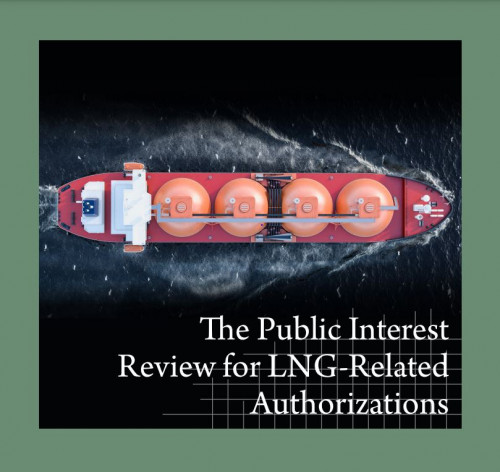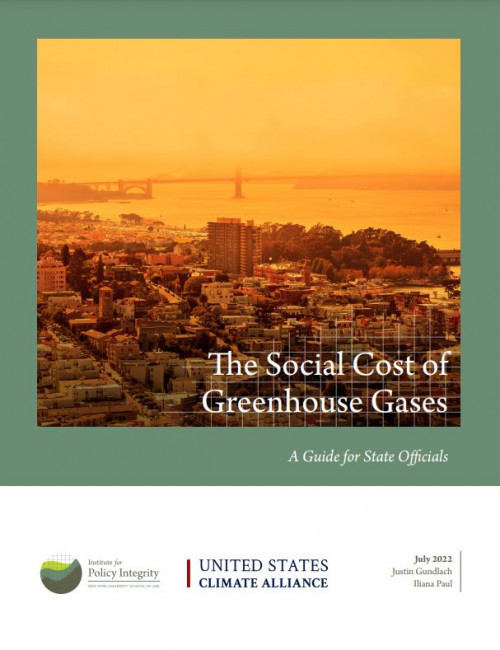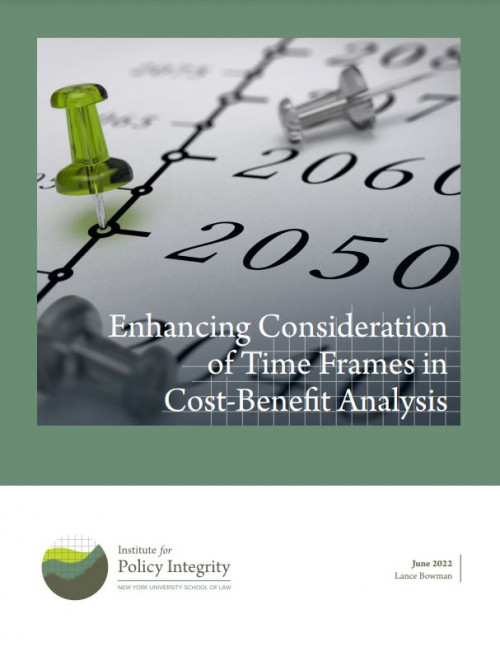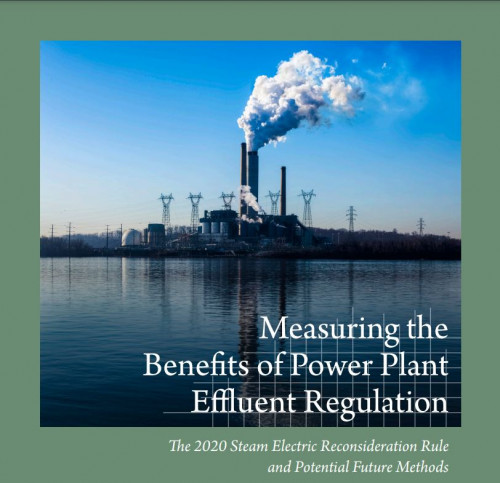-
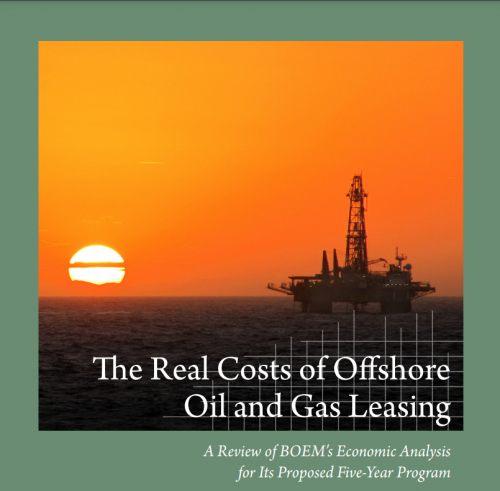
The Real Costs of Offshore Oil and Gas Leasing
A Review of BOEM’s Economic Analysis for Its Proposed Five-Year Program
In July 2022, the Bureau of Ocean Energy Management (BOEM) released its proposed Outer Continental Shelf oil and gas leasing program for 2023–2028. That plan contemplates holding up to 11 lease sales over the next five years, and conducts an economic analysis concluding that the benefits of those lease sales would exceed the costs. This report provides comprehensive feedback on BOEM’s economic analysis. As the report details, BOEM vastly understates the environmental and social costs of offshore leasing in several key ways.
-
The Public Interest Review for LNG-Related Authorizations
After a meteoric rise in production over the past decade, the United States has become the largest exporter of liquefied natural gas (LNG) in the world. Yet, the analysis behind LNG terminal and export approvals overlooks climate and environmental justice impacts, despite promises of imminent reform. Policy Integrity’s new report provides a comprehensive look at the Department of Energy’s (DOE) and the Federal Energy Regulatory Commission’s (FERC) past practice in this space and offers recommendations for improving their review of the climate and environmental justice impacts of LNG approvals.
-
The Social Cost of Greenhouse Gases: A Guide for State Officials
As states step up on climate action, they need a way to weigh climate goals against other policy objectives. The social cost of greenhouse gases (SC-GHG) can help policymakers understand the costs and benefits of climate action and inaction. This new guide for state officials explains why the SC-GHG is a useful policy tool and how it can be applied.
-
Enhancing Consideration of Time Frames in Cost-Benefit Analysis
Federal agencies frequently provide no justification for their analytical time frame when analyzing the costs and benefits of a policy. This is true even when there are costs and benefits that clearly occur beyond the time frame chosen by the agency. In so doing, agencies risk overlooking key long-term impacts that may justify more stringent regulation.
This report argues that the Office of Management and Budget (OMB) should take steps to improve how agencies consider analytical time frames in their cost-benefit analyses.
-
Measuring the Benefits of Power Plant Effluent Regulation
The 2020 Steam Electric Reconsideration Rule and Potential Future Methods
EPA is considering regulations that would clean up the wastewater discharges from power plants, after they were stalled and then rolled back under the Trump administration. As it conducts that analysis, this report urges EPA to provide a robust assessment of the benefits of the regulation, improving on analysis that was conducted in the Obama era. The report reviews the economic framework, literature, and analyses performed to support both the original Obama-era rule and Trump-era revisions, building on Davis Noll and Rothschild (2021), which detailed numerous impacts of the 2020 Rule that EPA neglected to examine. This review highlights key considerations that will strengthen future regulations.
Viewing all publications in Reports

